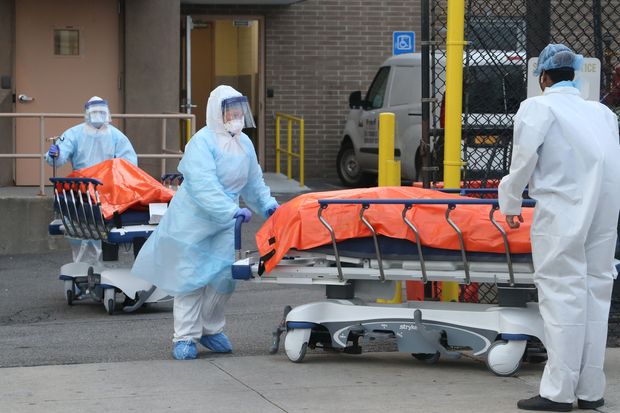More than 90 countries that used Chinese vaccines in their vaccination programs have experienced recent coronavirus outbreaks.
The turn of events raised questions on the reliability and safety of the said vaccines. Furthermore, there is an increasing concern on the aftermath of taking shots made from China during the post-pandemic period.
The vaccination rollout became a sensational response to the coronavirus outbreak. However, as people witness the effects of these vaccines taking place, people start to peek behind the curtains of the politics and economic choices behind vaccination.
Disparities in vaccine brands
Reports have piled on the unreliability of Chinese-made vaccines. Countries that have secured vaccines by Chinese makers Sinopharm and Sinovac Biotech experienced unexpected outbreaks on their programs to inoculate their entire population.
Chile, Seychelles, Bahrain, and Mongolia reported that about 50 to 68 percent of their entire population have already been fully vaccinated. Most of the vaccines they provided were made from China. According to the COVID19 data tracking project, Our World in Data, the four countries in question were among the top-ranking nations to have the most recent coronavirus outbreak.
On the other hand, countries like the US and Israel, wherein vaccines like Pfizer and Moderna were distributed, have seen critical changes in their cases.
In the US, for example, about 45% of the adult population has been fully vaccinated. Most of which were given the aforementioned vaccines. In more than six months, new cases of COVID19 infection have lowered 94%.
Premature celebrations, empty promises
In Mongolia, the promise of a COVID-free summer has increased the popularity of inoculation. People relied on were confident that the vaccines distributed in the country are effective and safe.
However, cases of COVID-19 eventually resurface even after getting the shots. Citizens like Otgonjargal Baatar lost their trust in the China-made vaccines. After securing his second dose of Sinopharm, Baatar still succumbed to COVID19 and spent nine days in the hospital.
Baatar’s experience is also shared by others who have had their shots of Sinopharm and Sinovac.
Whether the promise of a COVID-free season was a mistaken foresight or a careless statement, the postvaccination coronavirus outbreaks send a message that vaccines made from China needed to be regulated.
Are Chinese vaccines unreliable?
When the availability of vaccination was making a buzz on a global scale, the Chinese government, through Xi Jinping, committed to providing vaccines that can be stored and transported worldwide without critical hassle or damage. He dubbed this act as a “global public good.”
The reputation of China has been tarnished, considering it is the origin of the coronavirus itself. Chinese vaccines that are safe, effective, and affordable seem to be the perfect way for the superpower country to redeem itself.
However, it turns out that the plan for redemption is not going smoothly. Several studies have calculated the effectiveness and reliability of vaccines available across the globe.
While Pfizer and Moderna vaccines appear to have over 90% efficacy rates, Sinopharm and Sinovac have 78.1% and 51%. The said numbers are evidence enough that the vaccines do their job. However, when it comes to doing it well, it is apparent that China-made vaccines are lagging.















